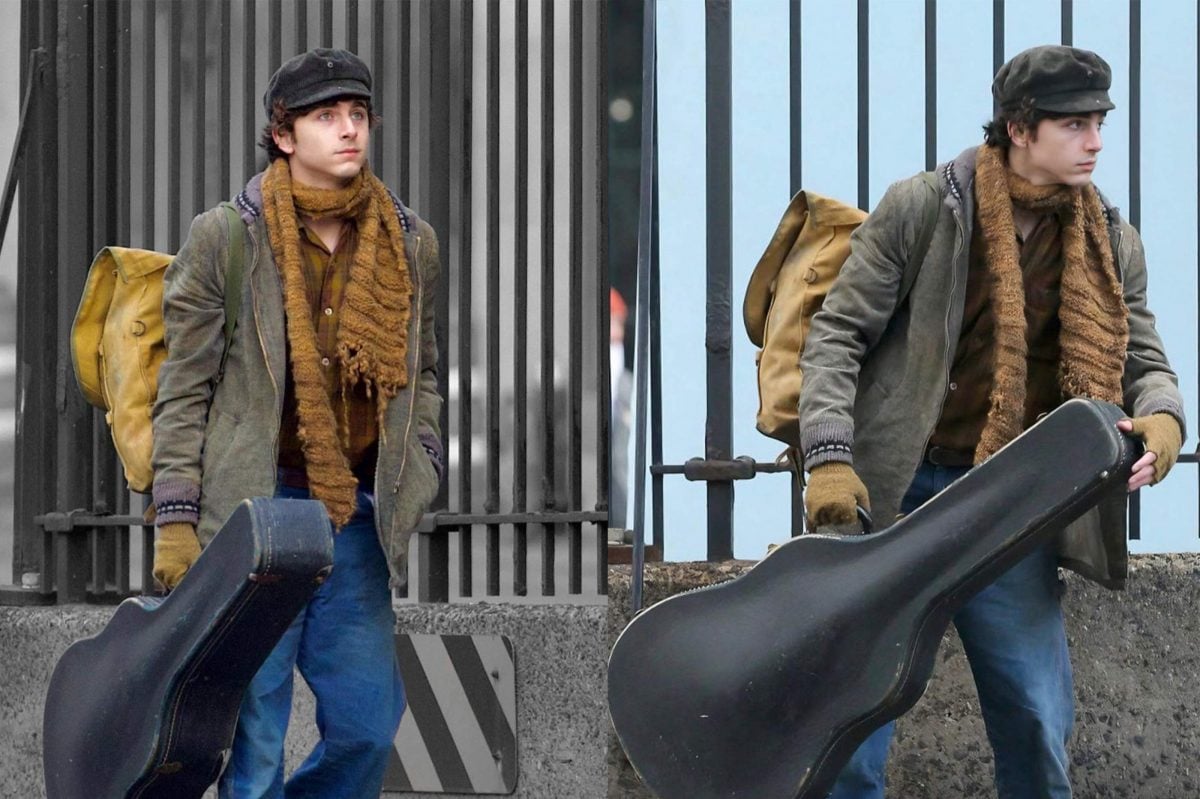
As Reconciliation supporters, we must accept the call to defend and uphold the rights of First Nations peoples. To exterminate racism wherever we encounter it, and to actively reinforce the voices of Aboriginal and Torres Strait Islander peoples in leadership across this continent. The work must continue. And with our help, it can.
One of the best ways to extend our support is to widen the arc of our knowledge. We must be informed in order to lend our support, and one of the best methods to do so is by self-education. As bell hooks argued, communication and literacy are key tenets of liberation and activism. We believe in the power of literature. Storytelling is not just an artform, but a mode of political activism. Language can convey a world of meaning, and it can constitute change from the text to the world.
This National Reconciliation Week, we've compiled a non-exhaustive series of First Nations literature to read and circulate. From classics to poetry and new releases, there's no better time than now to diversify your bookshelf and with it, your knowledge.
Me, Ant & Fleabag by Gayle Kennedy

A woman, her partner, and their dog Fleabag. The three embark on a country getaway that interweaves the elements of family and reconnection through the great outdoors. An injection of comedy provides a spirited tangibility to Kennedy's retelling, which is autofictive, and lightly probing.
Shadowboxing by Tony Birch

Shadowboxing comprises of ten interlinked stories of a boy growing up in the inner-Melbourne suburb of Fitzroy in the 1960s. A captured moment in time, it captures a period of unrest, turmoil, and change through innocent, slowly festering eyes. It is Tony Birch's impressive debut into the world of fiction.
Edenglassie by Melissa Lucashenko
Edenglassie is the formal title of the colony before it was known today as Brisbane. It is also the title of Melissa Lucashenko’s ambitious saga that bridges two narratives over the course of five generations. From Yagara County in 1855 and current day 2024 in now-known Brisbane, Edenglassie is an intergenerational triumph that dismantles the colonial myth of the very nation we settle upon today.
How to Make a Basket by Jazz Money

"The end of the world was marked with beautiful light we should have known..." Written dually in Wiradjuri Language and English, Poet Jazz Money examines what it means to live in the colony today. She braids themes of queerness, love, and protest to explore how our memories constitute the feeling of a lived-in body.
Mazin Grace by Dylan Coleman
Grace Oldman grows up on a mission in the rural country. She must resist the teasing of her classmates, loss, and navigating a deeply flawed educational system in order to get to the heart of her own purpose. Dylan Coleman pieces together a moving, fictional narrative from her own mother's upbringing at the Koonibba Lutheran Mission in South Australia.
First Nations Food Companion by Damien Coulthard & Rebecca Sullivan

We know more about pine nuts than bunya nuts, kale than warrigal greens, but there's a veritable pantry of unique flavours that First Nations people have been making the most of long before the inception of the word 'foodie'. This guidebook opens eyes to the First Foods of this continent. The informative guide offers insight on 60 of the most accessible Indigenous ingredients, including their flavour profiles and with tips for how to buy, grow and store them.
Dreaming In The Urban Areas by Lisa Bellear

Lisa Bellear's poetry moves between urban restructuring and the complexity of Black identity. Her work charts the fight for recognition through a moving, unique point-of-view that upends the structures of our current nation.
Too Much Lip by Melissa Lucashenko

The book recommended by our editor-in-chief, Jess Blanch. She says, "It is essentially a novel about Aboriginal trauma, written with such wit and comedy you will never fail to recognise or forget the characters. Kerry Salter: Too much lip, her old problem from way back, is deeply funny and as Australian as I can ever imagine."
Inside My Mother by Ali Cobby Eckerman

Ali Cobby Eckermann is a Yankunytjatjara/Kokatha poet who is at the frontier of Australian Indigenous poetry. Inside My Mother is both a political and personal collection, that brims with tenderness and rage in equal measure. Tributes to country, her elders, and the unspooling of her lineage are recorded in her elegant, scorching voice.
Becoming Kirrali Lewis by Jane Harrison

Set between the 1960s and 1980s, a young First Nations woman moves from a country town to pursue a legal degree in Melbourne. Racism, sexism and political reawakening converge as Lewis embarks on a journal to find her biological parents.
Throat by Ellen Van Neerven

The second poetry collection by award-winning poet Ellen Van Neerven, it explores love, language and land. Van Neerven's unsparing wit and fearlessness shines through in poetic form.





